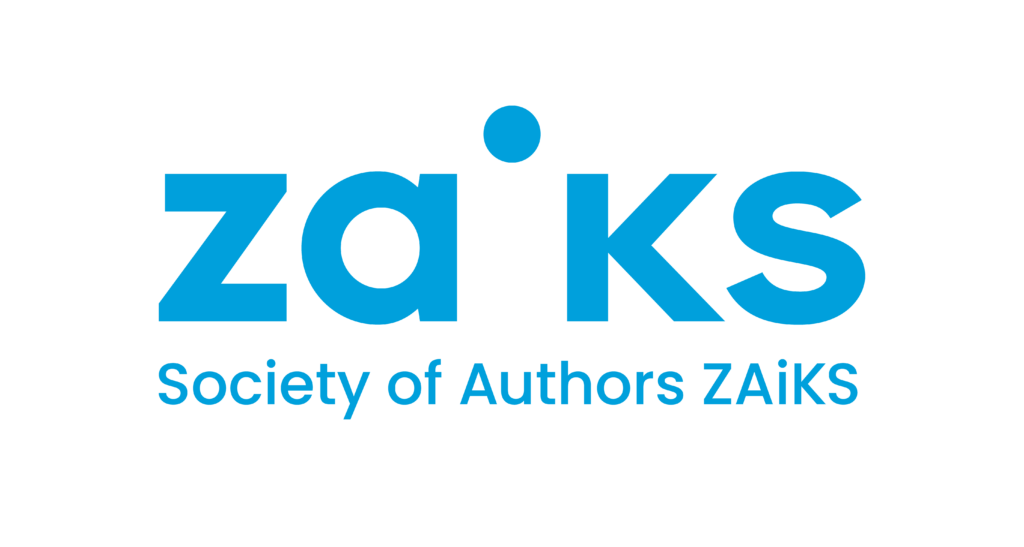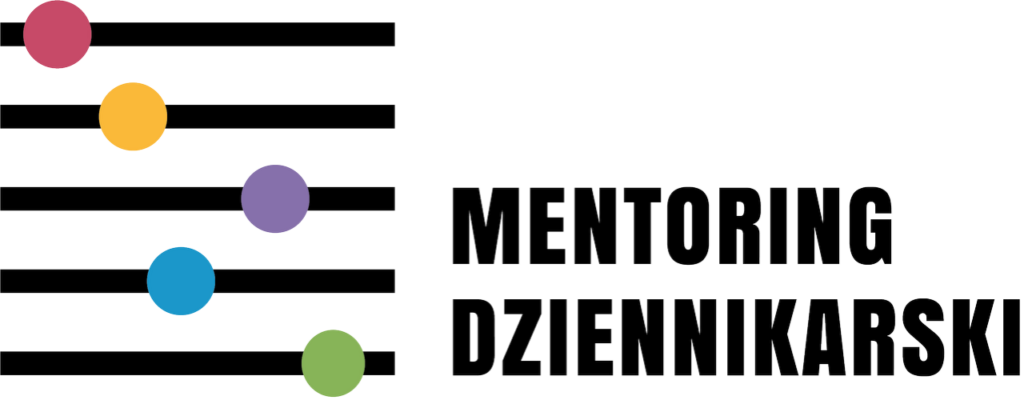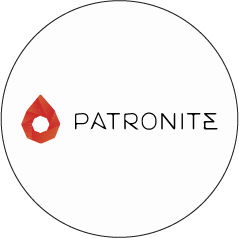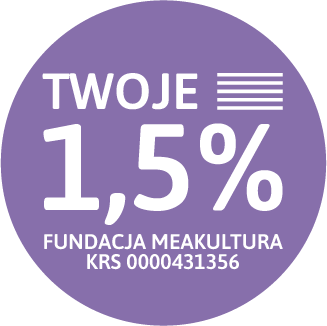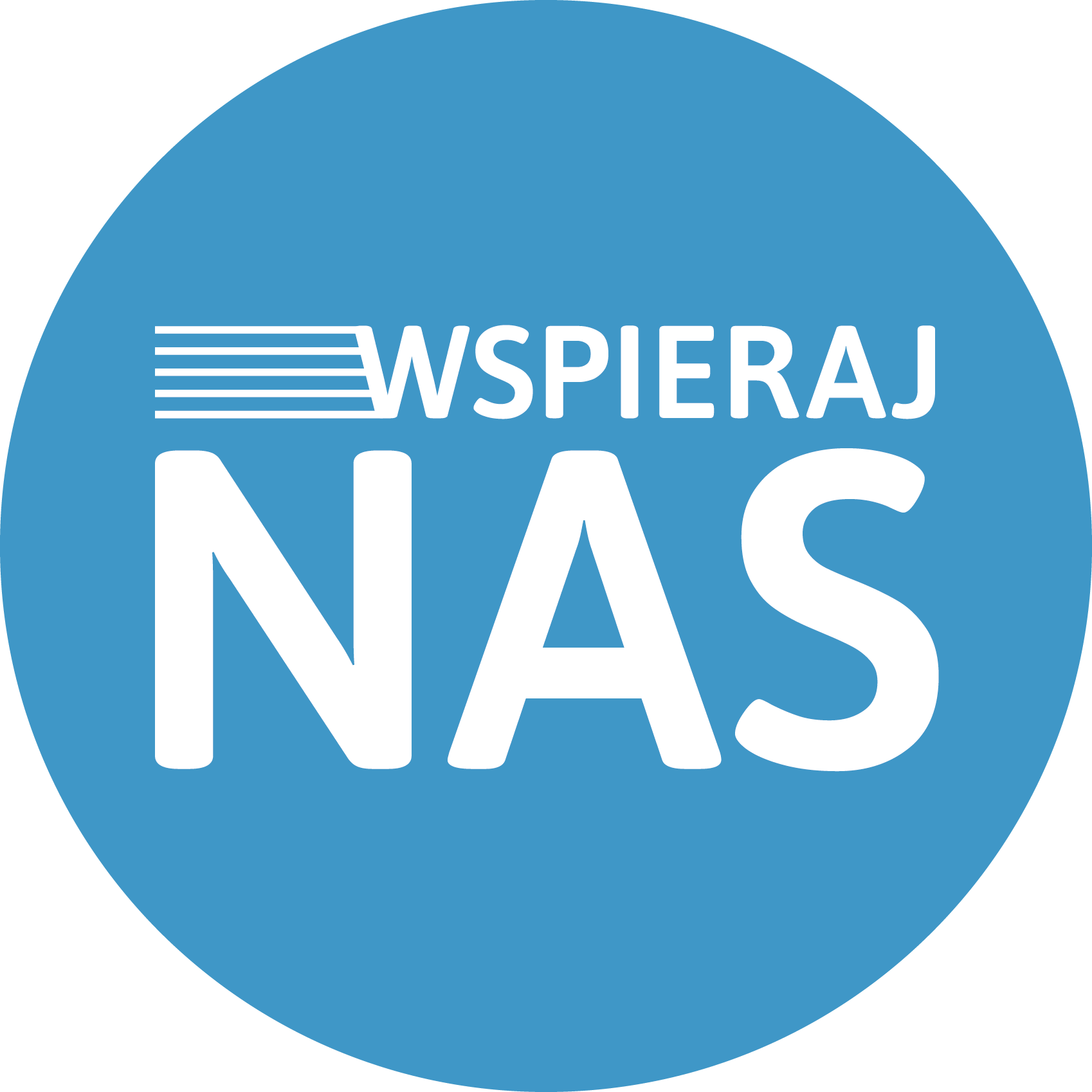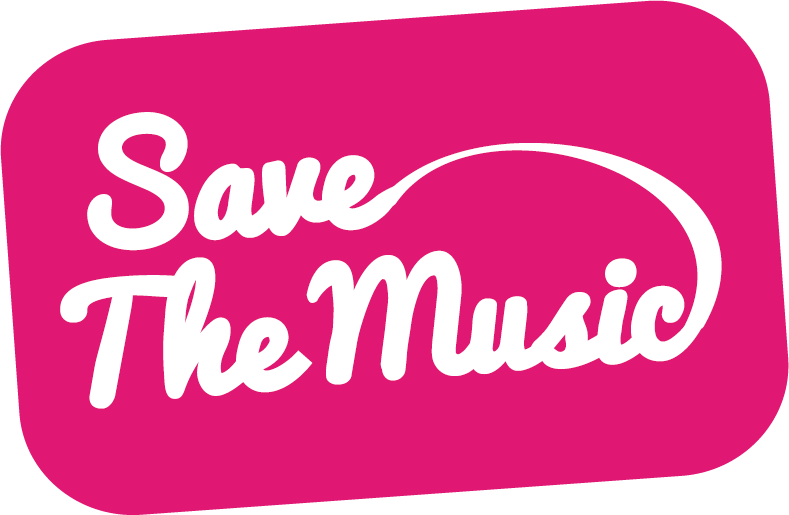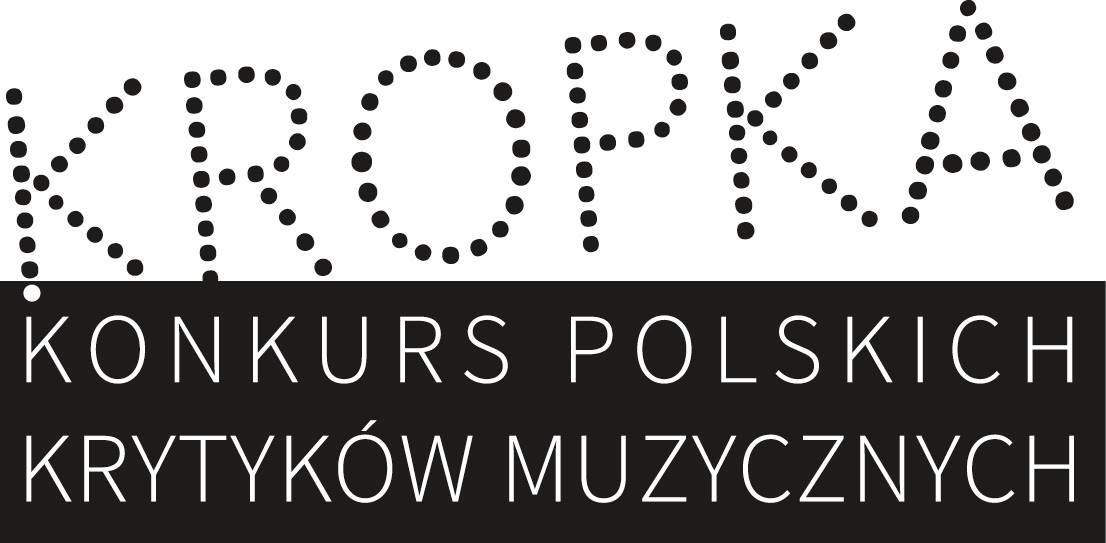FROM THE EDITOR: Ziemowit Słodkowski’s interview with Lael Neale was created as part of the MEAKULTURA Foundation’s – Journalist Mentorship program. The program’s partner is the Society of Authors ZAiKS.
Lael Neale – American instrumentalist, vocalist, and songwriter. She gained wider recognition with her second album, Acquainted with Night, released in 2021 by Sub Pop. The album’s distinctive sound was shaped in part by the omnichord – a unique electronic instrument produced by Suzuki in the 1980s, which imitates the sound of the autoharp, creating a truly magical atmosphere.
_____
Ziemowit Słodkowski: I’ve read on your Substack blog that Bob Dylan is your most beloved songwriter of all time. Do you think of yourself as a modern bard?
Lael Neale: No, not really.
Z.S.: I’m asking this, because it seems to me that the figure of a wandering bard is currently experiencing a kind of renaissance in popular culture – A Complete Unknown is showing in cinemas all over the world, folk and country music are coming back in style… Do you think that this trend has a chance of staying with us for a longer time?
L.N.: It’s been with us a while and I don’t think that will change.
Z.S.: Coming back to your blog for a moment – in your recent post about the mentioned A Complete Unknown, you wrote about how surreal it was to sit in a cinema watching a half-hour block of commercials filled with glorification of violence and pro-war propaganda, just to watch a film about an artist known for his anti-war songs. I really liked what you wrote at the end, about how if we want to see a new world, we have to create it ourselves. What do you see as the role of artists in doing that and how can we support them?
L.N.: I think artists have a role as mythmakers in society. They both draw from archetypes of the past and create new archetypes for the present & future. They sew the past and future together. In this way there’s a chance to write a new story for mankind. Even if it’s just as a mirror for where we are, art reveals ourselves to us & our reactions to it can show us where we’d rather go. We can support artists in this by listening deeply and observing what comes up for us. I was thinking about that the other day when I was driving away from a burning Los Angeles listening to Neil Young’s song, On the Beach. In it he says, “the world is turning, I hope it don’t turn away”. This was a very powerful song for me as a teenager because it reinforced this feeling I had from a young age that someday the world could suddenly give up on us. It made me committed more than ever to communing with the earth and showing it my love and respect. So that song was fundamental to my journey of creating a life of attention to and care for the planet and the people in it. That’s how powerful a song can be.
Z.S.: On your website I came across a piece of information that really captivated me: “Lael Neale still has a flip phone and there were no screens involved in the creation of her new record Star Eaters Delight.” This kind of longing for a simpler life in harmony with nature and trying to escape modern technology seems to be a recurring theme in your work – your single, Electricity, for instance. Do you think that this feeling of being overstimulated and constantly connected to the world, which many of us are currently facing, limits our creativity?
L.N.: It’s hard to know where we end and where another person begins. There’s a lot of mimicry going on. You see someone else on social media and start to adopt aspects of them. We become less ourselves with the influence of an endless scroll of other people. So our own personal creativity is diminished. How do we know that a thought we have is original when we’re taking in so much of other people’s creativity.
I really try to limit my exposure to other people’s art and music. I don’t want to sound like anyone else. If I’m going to be influenced I want it to be by an organic interface between me and the real world. Otherwise we create a homogenized, pasteurized self – dead of any true spark of originality.
Z.S.: Your debut album, I’ll Be Your Man is quite different from the two that followed, and is based largely on an acoustic set of instruments. Acquainted with Night brought quite a leap in sound, thanks to an unusual instrument called the omnichord, which has become, in a way, your trademark. Could you tell something more about where the idea for using such a unique instrument came from?
L.N.: A friend loaned me his omnichord in 2019 which was the first time I had ever heard of them. I had been searching for a drone-based instrument that would create a simple backdrop on which to build melodies. I completely fell in love with the child-like nature of the omnichord. It takes no skill or musical knowledge to play. And it’s extremely sonically limited. Despite the limitation, the ways I’ve learned to use it make me feel like it’s an instrument of limitless magical potential for creation.
Z.S.: The title of your second album Acquainted with Night seems to be a reference to a poem by Robert Frost. I have the impression that poetry holds a particularly important place in your work – could you tell more about your inspirations and the poets who have had the greatest influence on you?
L.N.: I actually didn’t know about that Robert Frost poem until after the record came out. It definitely could have been somewhere floating in my subconscious. I do love poetry and when I am having a hard time tapping into a feeling space I return to the poets who make me feel the most: Mary Oliver, Rumi (only as translated by Coleman Barks – I despise all other translations), Robert Frost is one, Sylvia Plath, E.E. Cummings…
Z.S.: When I heard Acquainted with Night for the first time, I felt like I was listening to rediscovered archival recordings of a forgotten artist from another era. Your latest album, Star Eaters Delight, although kept in a similar aesthetic, feels more upbeat, even danceable at times, like on the album opener – I Am The River. What were the biggest differences in working on these albums and how the pandemic lockdown affected your creative process?
L.N.: I made Acquainted with Night while living in a little bungalow in Los Angeles in 2019. It felt like I was creating a secret. It’s very intimate and stark. I was trying to carve out a space of reprieve and solace in the midst of a loud, intense city. Star Eaters Delight, on the other hand, was created in the spaciousness of my family’s farm in rural Virginia during the lockdowns. I was feeling so restless and ready to return to the action of the city life. That album was also a closer collaboration between me and producer, Guy Blakeslee. We created something that was infused with the agitation of a locked down world. It’s also lyrically addressing some of the troubling aspects of that time. The ways in which society seemed to be dividing against itself. It’s a call for communion.
Z.S.: Finally, let me ask you about your plans for the future – is there anything that has been inspiring you lately and do you plan to continue the direction you took on Star Eaters Delight?
L.N.: There’s an album coming out this year that will be a continuation of the worlds that Guy & I have been building from both previous albums. I’m always trying to create something new and distinct, but I think the nature of the way I write songs will inevitably make it feel tied to the others. The collection of songs was inspired by the past year spent in Los Angeles after having retreated to the countryside from 2020-2023. I had become resensitized to the city life. Everything felt more loud, chaotic, polluted and insane than I remembered it. And the weirdest part was feeling like it was all just normal, modern life. I don’t think the city changed so much as I changed.
